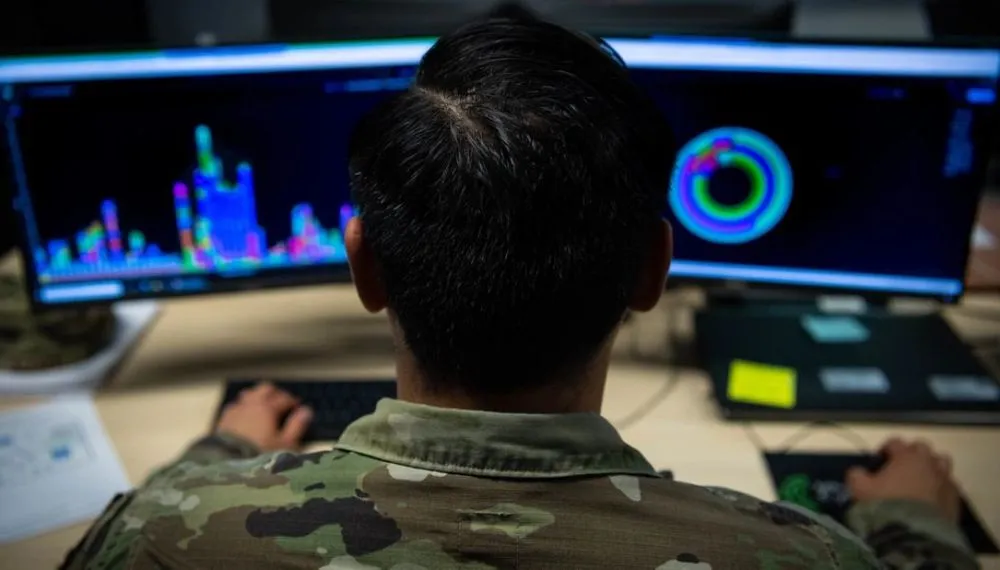Lawmakers expected to revive attempts for a Cyber Force study
House lawmakers will once again push for an outside assessment of whether a Cyber Force should be added to the U.S. military, one of the idea’s chief proponents said on Wednesday.
“We’re not going to back off that,” Rep. Morgan Luttrell (R-TX) said during a roundtable with reporters in his Capitol Hill office, saying an independent assessment is still “very warranted.”
Last year Luttrell sponsored an amendment to the House version of the annual defense policy bill to to require the Pentagon to commission a third-party study on creating a Cyber Force as a potential seventh military branch that would be dedicated to digital warfare.
Identical language was included in the Senate draft as well, however, after a push by DOD, the language was rewritten in the final compromise measure. It ultimately called for the nonprofit National Academy of Sciences, Engineering, and Medicine to conduct an “evaluation of alternative organizational models for the cyber forces of the Armed Forces.”
The final bill, which President Joe Biden signed into law last month, also gave no deadline for the assessment to be submitted to Congress.
Luttrell said he has already had conversations with Rep. Chrissy Houlahan (D-PA), another member of the House Armed Services Committee who initially backed the Cyber Force provision, about moving the idea forward again this year.
He said he also spoke with House Armed Services Chair Mike Rogers (R-AL) after the original provision was pared back to learn more about how last year’s process played out.
Advocates won’t be deterred by the fact that a form of the study was included in the last defense policy roadmap, according to Luttrell
“We'll take what comes out of it, take that and whatever we think has been missed” and “populate more questions off the results that we've received, let's do that,” the former Navy SEAL told reporters.
Luttrell said the lack of a formal deadline was one of his “biggest headaches” with the final bill and vowed to push to get a timeframe from the Pentagon before proceedings for the next annual defense bill begin this spring.
If Cyber Force supporters are defeated for the third consecutive year, lawmakers could turn to lobbying President-elect Donald Trump. He, and former Vice President Mike Pence, pushed Congress to establish the U.S. Space Force in 2019 as the first new branch of the U.S. military in 72 years.
For his part, Luttrell didn’t rule out speaking with Vice President-elect J.D. Vance about a cyber military service.
“My conversation with the Vice President, if we have one, would be to lay out why myself and the other members that are supporting this, why we think this is important,” he said.
Martin Matishak
is the senior cybersecurity reporter for The Record. Prior to joining Recorded Future News in 2021, he spent more than five years at Politico, where he covered digital and national security developments across Capitol Hill, the Pentagon and the U.S. intelligence community. He previously was a reporter at The Hill, National Journal Group and Inside Washington Publishers.



